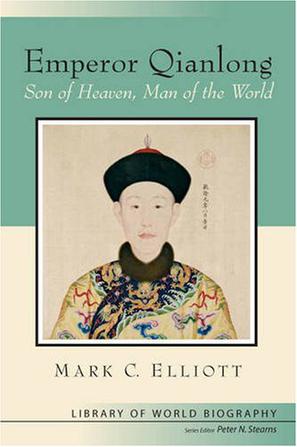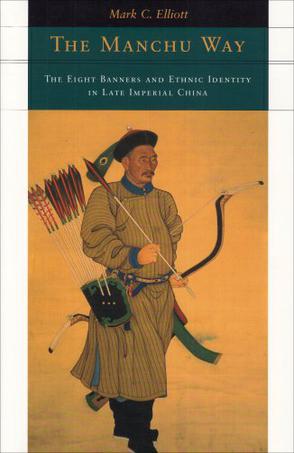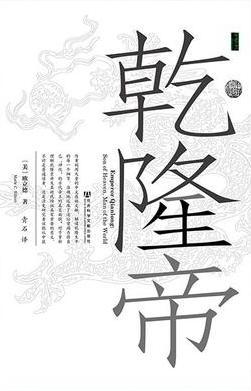-

Emperor Qianlong
This new entry in the Longman Library of World Biography series offers an intimate and provocative account of the Manchu emperor Qianlong (1711-1799), one of the world,s great empire-builders, who helped build the foundation of the modern Chinese nation. During the 64 years of Qianlong,s rule, China,s population more than doubled, its territory increased by one-third, its cities flourished, and its manufactures - tea, silk, porcelain - were principal items of international commerce. Based on original Chinese and Manchu-language sources, and drawing on the latest scholarship, this is the biography of the man who, in presiding over imperial China,s last golden epoch, created the geographic and demographic framework of modern China. This accessible account describes the personal struggles and public drama surrounding one of the major political figures of the early modern age, with special consideration given to the emperor,s efforts to rise above ethnic divisions and to encompass the political and religious traditions of Han Chinese, Mongols, Tibetans, Turks, and other peoples of his realm. In addition to becoming familiar with one of the most remarkable figures in world history, readers will find that learning about Emperor Qianlong will add greatly to their appreciation of China,s place in the world of the eighteenth century and will deepen their understanding of China,s place in the world today. -

The Manchu Way
In 1644, the Manchus, a relatively unknown people inhabiting China’s rude northeastern frontier, overthrew the Ming, Asia’s mightiest rulers, and established the Qing dynasty, which endured to 1912. From this event arises one of Chinese history’s great conundrums: How did a barely literate alien people manage to remain in power for nearly 300 years over a highly cultured population that was vastly superior in number? This problem has fascinated scholars for almost a century, but until now no one has approached the question from the Manchu point of view. This book, the first in any language to be based mainly on Manchu documents, supplies a radically new perspective on the formative period of the modern Chinese nation. Drawing on recent critical notions of ethnicity, the author explores the evolution of the “Eight Banners,” a unique Manchu system of social and military organization that was instrumental in the conquest of the Ming. The author argues that as rulers of China the Manchu conquerors had to behave like Confucian monarchs, but that as a non-Han minority they faced other, more complex considerations as well. Their power derived not only from the acceptance of orthodox Chinese notions of legitimacy, but also, the author suggests, from Manchu “ethnic sovereignty,” which depended on the sustained coherence of the conquerors. When, in the early 1700s, this coherence was threatened by rapid acculturation and the prospective loss of Manchu distinctiveness, the Qing court, always insecure, desperately urged its minions to uphold the traditions of an idealized “Manchu Way.” However, the author shows that it was not this appeal but rather the articulation of a broader identity grounded in the realities of Eight Banner life that succeeded in preserving Manchu ethnicity, and the Qing dynasty along with it, into the twentieth century. -

乾隆帝
《乾隆帝》一书为美国著名清史学家,哈佛大学东亚语言与文明系讲座教授、哈佛大学历史与东亚语言博士委员会主席欧立德(Mark C. Elliott)2009年出版的同名英文著作的中译本。原书为Longman出版社世界历史人物传记系列之一。作为新清史的领军人物,欧立德教授写作此书的主要目的之一是让西方读者对 乾隆这样一位在中国历史乃至世界历史发展中都发挥过重要作用的中国古代帝王有一个初步的了解,并在此基础上,将18世纪的中国与全球历史潮流联系起来,对流行的“清代中国是对外封闭的”这一观念提出了挑战;与此同时,作者利用大量的中文原始文献,解读乾隆生平的每一个细节,准确地还原了这位曾竭力将自己“神化”的古代帝王的真实面貌。总之,本书既忠实于历史文献而具学术深度,又不乏生动的叙事与巧妙的结构安排,从而立体地全方位地塑造了一个新清史学者视野中的乾隆形象,对于重新理解乾隆皇帝及其时代特征具有重要的意义,不论是普通读者,还是清史研究者,都应该能从中获益匪浅。